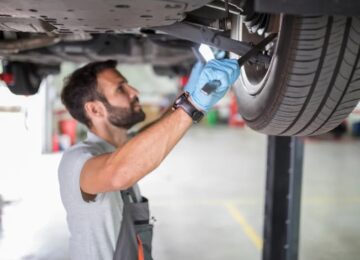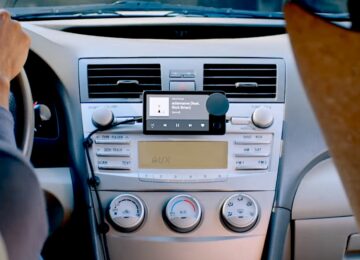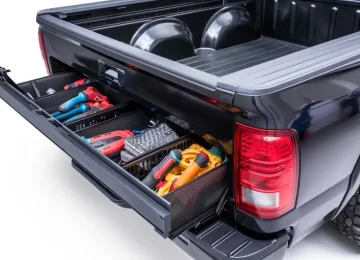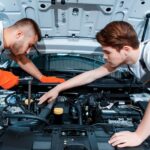When it comes to auto repair, choosing between an independent garage and a dealership service center is crucial. Each option has its benefits and drawbacks, impacting cost, convenience, and quality. This guide explores the pros and cons of both to help drivers make an informed decision.
Understanding Independent Auto Repair Services
Independent garages are privately owned shops that offer a wide range of repair and maintenance services. They are often locally operated and may specialize in various vehicle makes and models.
Pros of Independent Auto Repair
- Cost-Effective
Independent repair shops generally offer lower labor rates than dealerships. They can also use aftermarket parts, which can be cheaper and still reliable. This cost-saving advantage appeals to many budget-conscious car owners.
- Personalized Service
Independent garages often provide more personalized and customer-focused service. Building a relationship with a local mechanic can lead to more tailored recommendations and greater trust.
- Flexibility
Independent shops can service a broad range of vehicle brands and models. This versatility makes them a convenient choice for families with different types of vehicles.
Cons of Independent Auto Repair
- Varied Quality
The quality of service at independent shops can vary significantly. While many provide excellent service, others may lack the expertise or equipment to handle complex issues.
- Limited Access to Proprietary Parts
Some independent garages may not have access to proprietary parts and tools needed for specific makes and models. This limitation can affect the repair quality for certain vehicles.
Exploring Dealership Auto Repair Services
Dealership service centers are affiliated with specific car manufacturers and offer repairs and maintenance using original equipment manufacturer (OEM) parts.
Pros of Dealership Auto Repair
- Manufacturer Expertise
Dealerships have technicians trained specifically for the vehicles they sell. This specialized knowledge ensures repairs are done to the manufacturer’s standards, which can be crucial for maintaining warranty coverage.
- Access to OEM Parts
Dealerships use OEM parts that are designed to fit and perform perfectly with the vehicle. This guarantees compatibility and can extend the vehicle’s lifespan.
- Advanced Diagnostic Tools
Dealerships often have access to the latest diagnostic tools and software, enabling them to efficiently and accurately diagnose issues, especially in newer models.
Cons of Dealership Auto Repair
- Higher Costs
Dealership services typically come at a premium. The use of OEM parts and specialized equipment, combined with higher labor rates, can make dealership repairs more expensive.
- Limited Flexibility
Dealerships usually focus on the brands they sell, which can be a limitation for owners of multiple vehicle types or older models that the dealership may no longer support.
Making the Right Choice
Choosing between independent and dealership auto repair services depends on various factors, including the type of vehicle, the complexity of the issue, and personal preferences. For example, those needing auto repair in Thornton, CO, should consider the nature of their vehicle and the type of service they need.
For routine maintenance or minor repairs on older or multiple types of vehicles, an independent shop can offer cost savings and personalized service. However, for complex issues, warranty-covered vehicles, or newer models, a dealership might provide the expertise and tools necessary for optimal repair.
Conclusion
Both independent and dealership auto repair services have distinct advantages and drawbacks. Understanding these can help vehicle owners make informed decisions based on their specific needs and circumstances.
Whether choosing an independent shop for its cost-effectiveness and personal touch or a dealership for its specialized expertise and OEM parts, ensuring the vehicle receives quality care is paramount.











